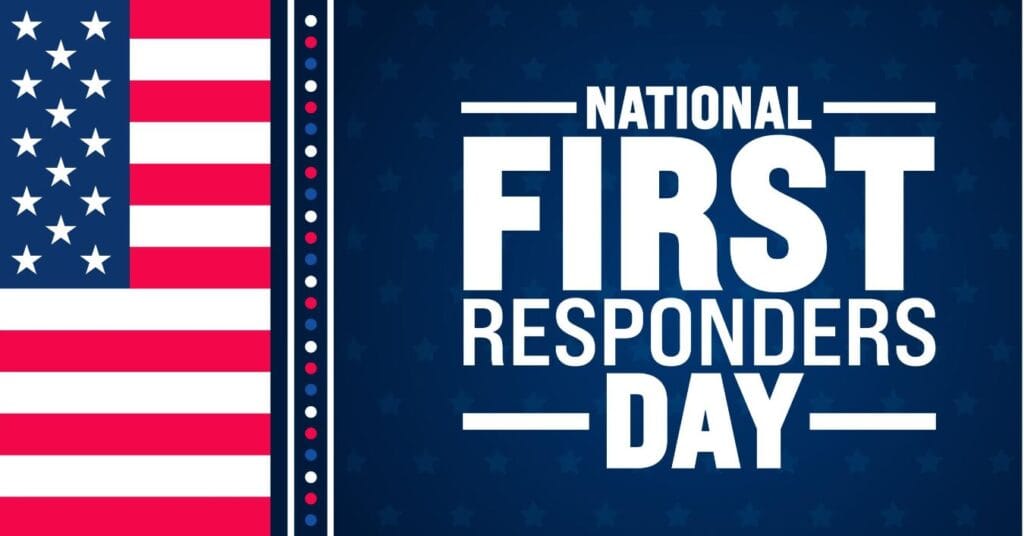October 30, 2025. In support of National First Responders Day on October 28th, The Transport Project (TTP) released an important safety resource for inclusion in commercial vehicles fueled by compressed natural gas (CNG). The downloadable two-sided safety guide contains detailed “Vehicle Crash and/or Leak Response” instructions on one side with “Vehicle Thermal Response” instructions on the reverse.
The card is meant to be downloaded and/or installed in CNG vehicle cabs for quick reference use during traffic accidents or vehicle fires. Both sides include seven basic steps with graphics and concise language for vehicle drivers to follow to advance the safest possible incident outcome; once emergency services arrive, the card can be shared with first responders.
“TTP’s Technology and Development Committee produced this resource to reduce risk for drivers and improve emergency response outcomes in the immediate aftermath of vehicle collisions or thermal events involving CNG trucks and buses,” said Paul Sandsted, The Transport Project’s Director of Technology and Sustainability. “This card is meant to provide clear, easy-to-read reminder guidance on the most critical steps to undertake during such events when stress levels are likely elevated.”
The resource was developed by TTP’s Technology and Development Committee in consultation with CNG vehicle experts and emergency response professionals.
“As motor carriers seek to adopt renewable and other alternative fuel powertrains into their fleets, additional training and resources are often vital to maintain safety,” said American Trucking Associations VP of Energy & Environmental Affairs Patrick Kelly. “We support this initiative to equip the cabs of these vehicles with instructional cards. These educational materials will help protect truck drivers and first responders in emergency situations.”
“The Alternative Fuels Council (AFC) and NATSO support the advancement of alternative fuels like CNG and RNG as a transportation fuel. Providing easily accessible safety protocols is a vital component of transporting these fuels safely and securely,” said Alternative Fuels Council Vice President Ginger Laidlaw and NATSO Vice President of Public Affairs Tiffany Wlazlowski Neuman. “These protocols will help ensure that first responders can mitigate and control leaks or thermal incidents while also complying with fuel handling regulations. We are proud to enlist our support in The Transport Project’s initiative to provide instructional cards that advance safety on the Interstate Highway System.”

